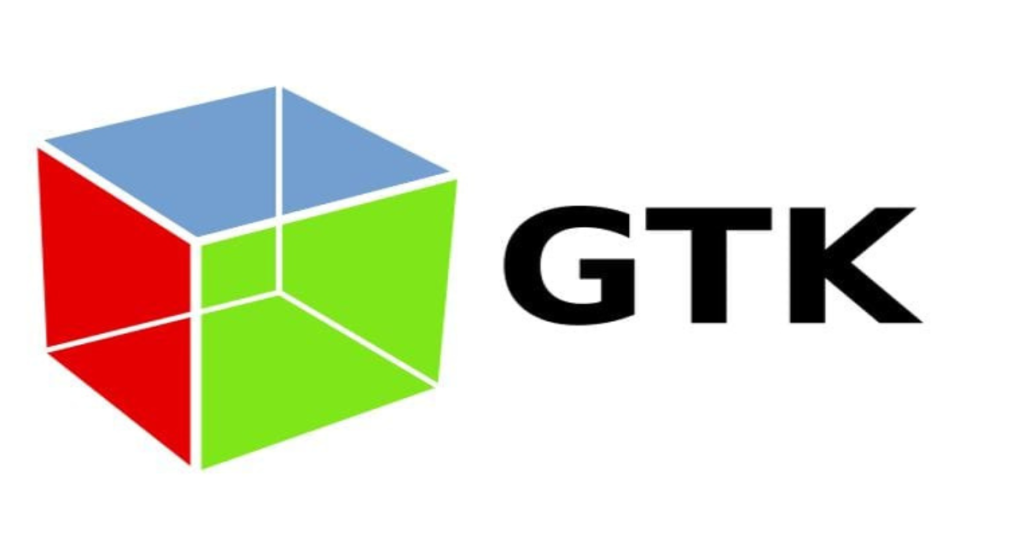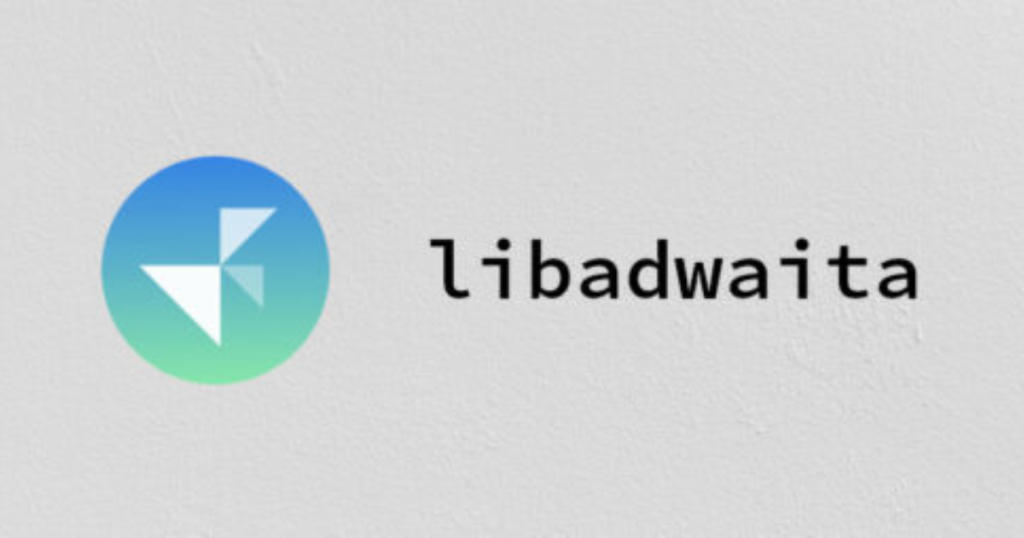Foliate Linux e-Book App 3.0 Version of the is the most recent version. It is a big step forward in its growth. The app has a new look and better speed since it was rewritten from scratch using the newest platform libraries, such as GTK4 and Adwaita. This piece goes into detail about the important changes that Foliate 3.0 made, including its updated architecture, better visual features, and better functionality.
Revamped Architecture with GTK4 and Adwaita Integration

The person who made Foliate talks a lot about how much it was changed in version 3.0, which added the newest platform tools, GTK 4, and Adwaita. The updated version not only gives the interface a fresh look, but it also makes the general performance much better. Foliate keeps up with the latest changes in Linux application creation by using GTK4 and Adwaita to give users a modern and smooth experience.
Independence from External Libraries Foliate’s Own Parsing and Rendering Library
One amazing thing about Foliate 3.0 is that it no longer needs external tools like Epub.js or KindleUnpack to work. The app now reads and displays ePubs using its own custom library. Since whole files aren’t put into memory during operation, this change has greatly sped up startup and greatly reduced the amount of memory used. This improvement helps make the reading experience smoother and faster for users.
Visual Enhancements with libadwaita

Even though the saying goes, “Don’t judge a book by its cover,” the visual improvements in Foliate 3.0, thanks to Libadwaita, make it hard not to like how better it looks. The tool now uses a single window for both the library and the ebook reader. This small change has a big effect: it makes things easier for users by getting rid of the need to handle multiple app windows and workspaces.
Expanded Paginated Mode and Gesture Controls
Foliate 3.0 makes a big improvement to paginated mode by letting you show more than two columns, based on the width of the window. With the addition of intro animations and 1:1 touchscreen and touchpad movements, reading has become even better. Also, a new keyboard shortcut (ctrl + m) makes it easy to switch between paginated and scrolled views.
Streamlined User Interface and Navigation
The update makes a lot of changes to the way you navigate and use the app. Now, when you scroll, the library loads automatically, so you don’t have to click a different button. The “add bookmark” button is now in the header bar, and pages that have been saved are shown on a ribbon. There is a new sidebar with bookmarks, a table of articles, notes, and “find in page” results when you click on them.
Enhanced Text Copying Options
With Foliate 3.0, you can copy text from eBooks in new ways. People can now copy text that has HTML formatting, “copy with citation” to add the author and book title to the copied text, or “copy identifier” to copy the CFI to share and paste. With these features, users can handle and share text content from their eBooks in more ways.
Incorporation of Speech Dispatcher and Other Feature Additions
Foliate’s text-to-speech tool now uses Speech Dispatcher, which lets you pause, skip, highlight words, use SSML, and change the speed and pitch of the voice. Notable improvements also include the ability to print chapters and selections, add timestamps to annotations, and try out support for PDF files.
You Might Be Like This: The Future of MacBook Display Unveiling the Magic of OLED Technology
Cautionary Note: Features Yet to Be Ported
Even though there are many changes, users who are thinking about upgrading should be careful. While version 3.0 is out, some tools, like OPDS and offline dictionaries, have not yet been added. Even though they aren’t in this release, it’s possible that they will be added in later ones. Also, CBR, CBT, and CB7 files are no longer allowed, but CBZ files are still supported.
Conclusion of Foliate Linux e-Book App Version 3.0
An improved and more polished reading experience has been made available to Linux users with the release of Foliate 3.0, which is a monument to the dedication of the people who worked on it. To demonstrate a dedication to remaining at the forefront of Linux application development, the adoption of GTK4, Adwaita, and the application’s proprietary parsing and rendering library are all utilized. With the most recent version of Foliate, users can look forward to an eBook reader that is more powerful, more aesthetically pleasing, and packed with additional features.
